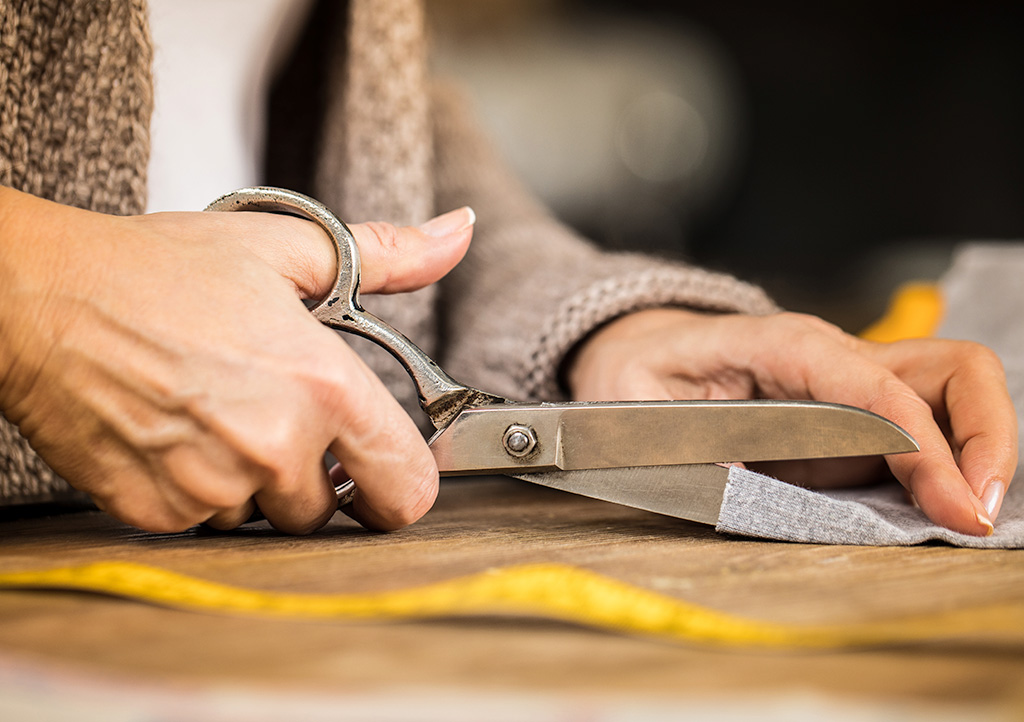Textile Testing: A Critical Step
What is Textile Testing?
Products that contain textiles, particularly clothing, apparel and bedding, travel through many hands before arriving at the end consumer. Materials are grown, harvested, transformed into fabrics, treated and coloured, shipped, warehoused, and turned into products in many different countries and continents across the globe before they reach the store shelves.
To ensure that textiles are high-quality and are accurately labelled, they must be tested. Textile testing is the process through which companies, or certification and testing entities like IDFL, examine materials for quality control and labeling purposes.
Why Does Textile Testing Matter?
Due to the complexity of the textile supply chain and the myriad of different laws and requirements that change from country to country, it is crucial to test textiles that are going to be used in the construction of apparel and other products. Why?
Claims of a product’s quality and characteristics can easily be tampered with. Textile testing ensures that the material matches the claims made by the manufacturer. Any defects or deviations can be spotted and reported back to the textile manufacturer for correction. In the end, textile testing benefits manufacturers, suppliers, end consumers and every other entity in the supply chain.
What Kind of Tests are Done on Different Types of Textiles?
The type of tests that need to be performed varies based on the materials. Different types of materials require different types of testing to determine if their claims are true. What kind of tests?
Material Performance Tests
Air Permeability
How much air can travel through a given material? The air permeability test will determine this number (Frazier Number) by drawing air through a special device which measures the exact amount of air passing.
Downproofness
Downproofness is the level of resistance a given material has to the penetration of down. This is a critical test for any material that will be used for any products that use down filling.
Material Characteristic Tests
Thread Count
This test checks to see how many threads there are per square inch of material. The higher the count, the softer the material.
Stitching
How many stitches are there present per square inch? The stitching textile test will give you an accurate count of stitches per square inch, no matter the type of material.
Yarn Size
This test measures the linear density of the warp and weft threads, giving the size of the yarn in a given fabric.
Fabric Weight
The fabric weight test will accurately measure the mass of a fabric per a specific area. The fabric weight test can be crucial for certain types of products or garments.
Fabric Analysis
To fully understand the fibers in a fabric, a fabric analysis test may be necessary. The analysis is used to provide a qualitative identification of the fibers in any given fabric, including fiber blends (e.g. cotton/polyester).
Final Quality Control Tests
Dimensional Stability
Will a material shrink or expand after being washed or dried? The dimensional stability test determines exactly how stable the dimensions of a material are.
Size Check
Mass manufacturing can sometimes lead to uneven or poorly sized clothing or apparel. Size check offers a way to ensure that the size of any product is accurate.
Colorfastness to Crocking
Colored garments and materials have the extra challenge of holding onto their dyes without color transfer to other materials when they are rubbed together. The colorfastness to crocking test will show how much color transfer, if any, occurs when this happens.
Fabric Flaws
There is always a chance that even with the best equipment, flaws can appear. The fabric flaw test examines the materials for any fabric flaws that may have appeared during production.
Textile Testing
Textile testing is one of the most critical steps in the supply chain, validating claims made by manufacturers and protecting consumers and suppliers alike from misleading claims and poor-quality materials. IDFL provides textile testing, giving companies a trusted source of information about the textiles they are using in their products.

